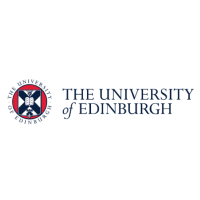项目概述 / Program Summary
This program equips students with critical perspectives and cultural awareness in relation to counselling and psychotherapy practice in an increasingly globalized and diverse world. Counselling and psychotherapy are growing in popularity across the globe; however, not enough attention has been paid to how this discipline might work in differing contexts and with diverse populations.
As a primarily Western area of study, there are inherent biases and cultural viewpoints present in this field. In this program students will be encouraged to question the colonial, ethnocentric, and heteronormative assumptions that underlie many psychotherapeutic practices. Drawing on contemporary perspectives, post/de-colonial approaches, and social theory, students will challenge traditional discourses of suffering and healing.
Staff members in the program come from different parts of the world and bring with them both their diverse lived experiences and academic and professional credentials to foster a climate of dialogue and encounter with difference. Interdisciplinary, arts-based, experiential, and embodied pedagogic and research practices are integral to the program.
The program will engage with critical perspectives and psychosocial approaches to Counselling Studies, drawing on theories from within psychotherapy as well as from other disciplines within social sciences, cultural studies and philosophy. Further, the program will offer students the flexibility to engage with a wide variety of optional courses to tailor and enrich their learning for both professional and research endeavors.
Students will be trained in qualitative, creative and relational approaches to research and inquiry. Exploring and working with different research paradigms, they will examine approaches that resist the established rigidity in research practice. The course will culminate with the undertaking of an original research project.
This program is not a full professional practice training in counselling and psychotherapy. The latter is offered through the Master of Counselling (Interpersonal Dialogue), two years full-time, or the Master of Counselling, four years part-time, or the Doctor of Psychotherapy and Counselling, which may be taken full-time or part-time.
相似项目 / Similar Programs

硕士学位
项目等级

12月
项目时长

£13347.00 英镑 / 年
生活成本

£28800.00 英镑 / 第一年
总学费

£0.00 英镑
申请费用
